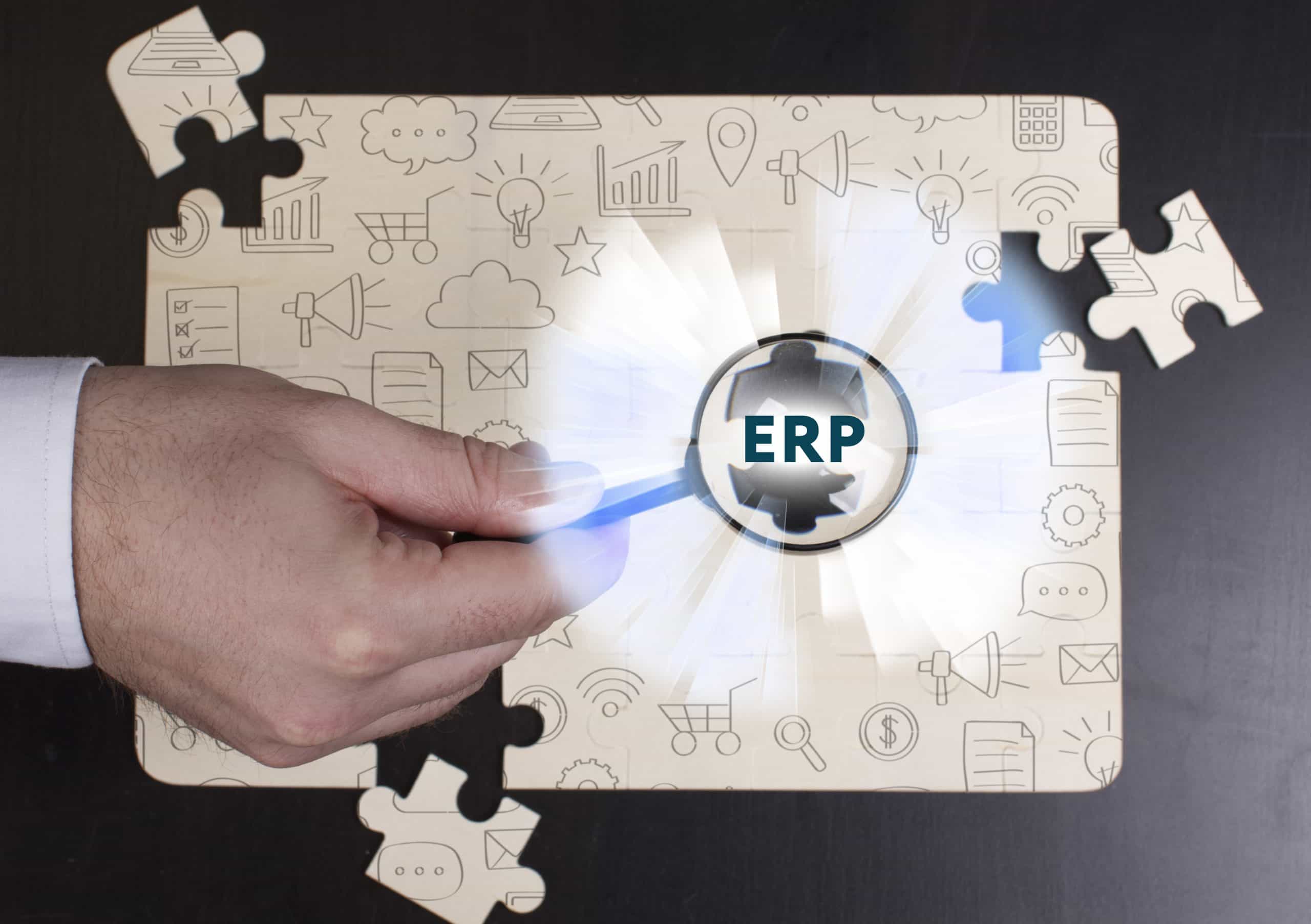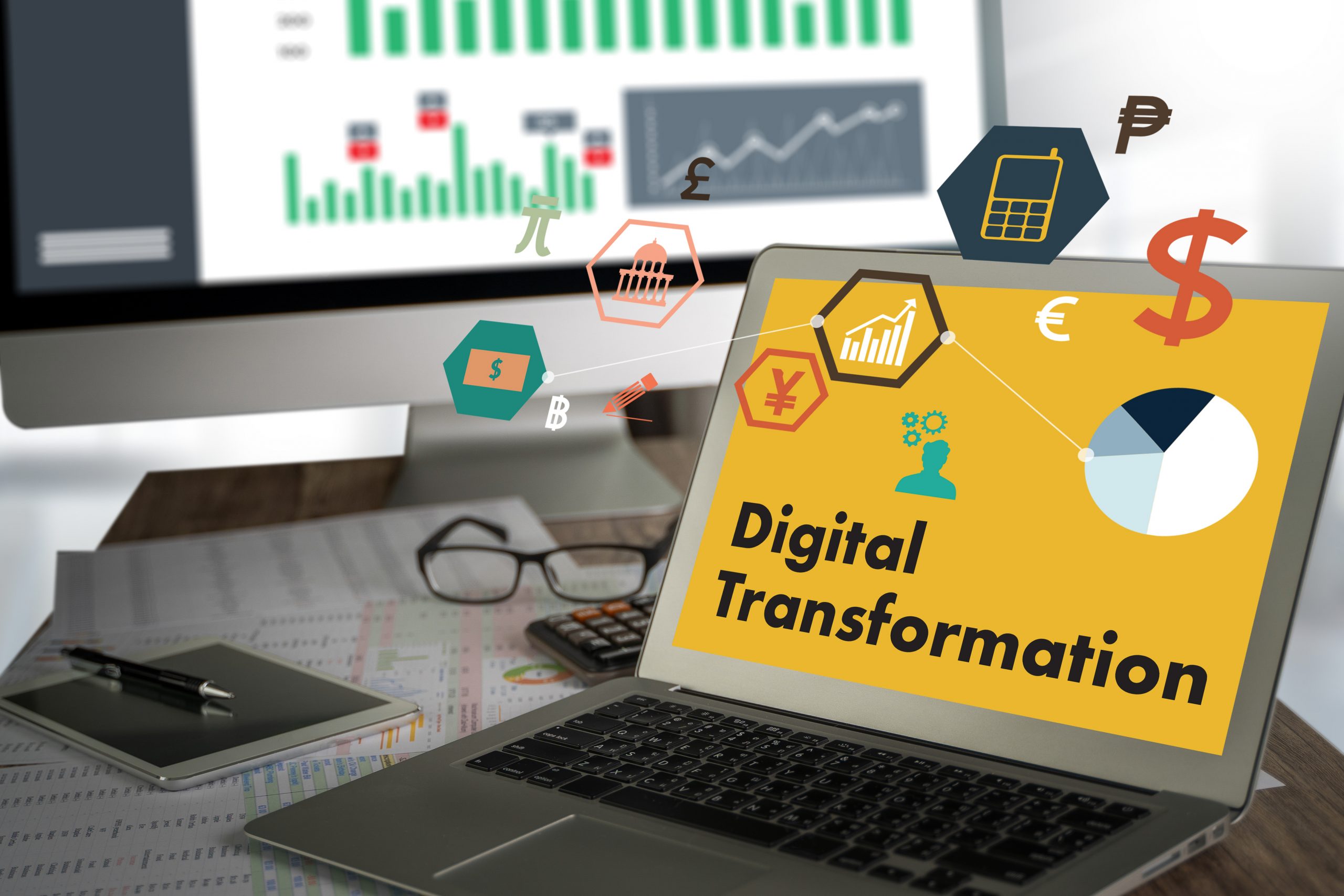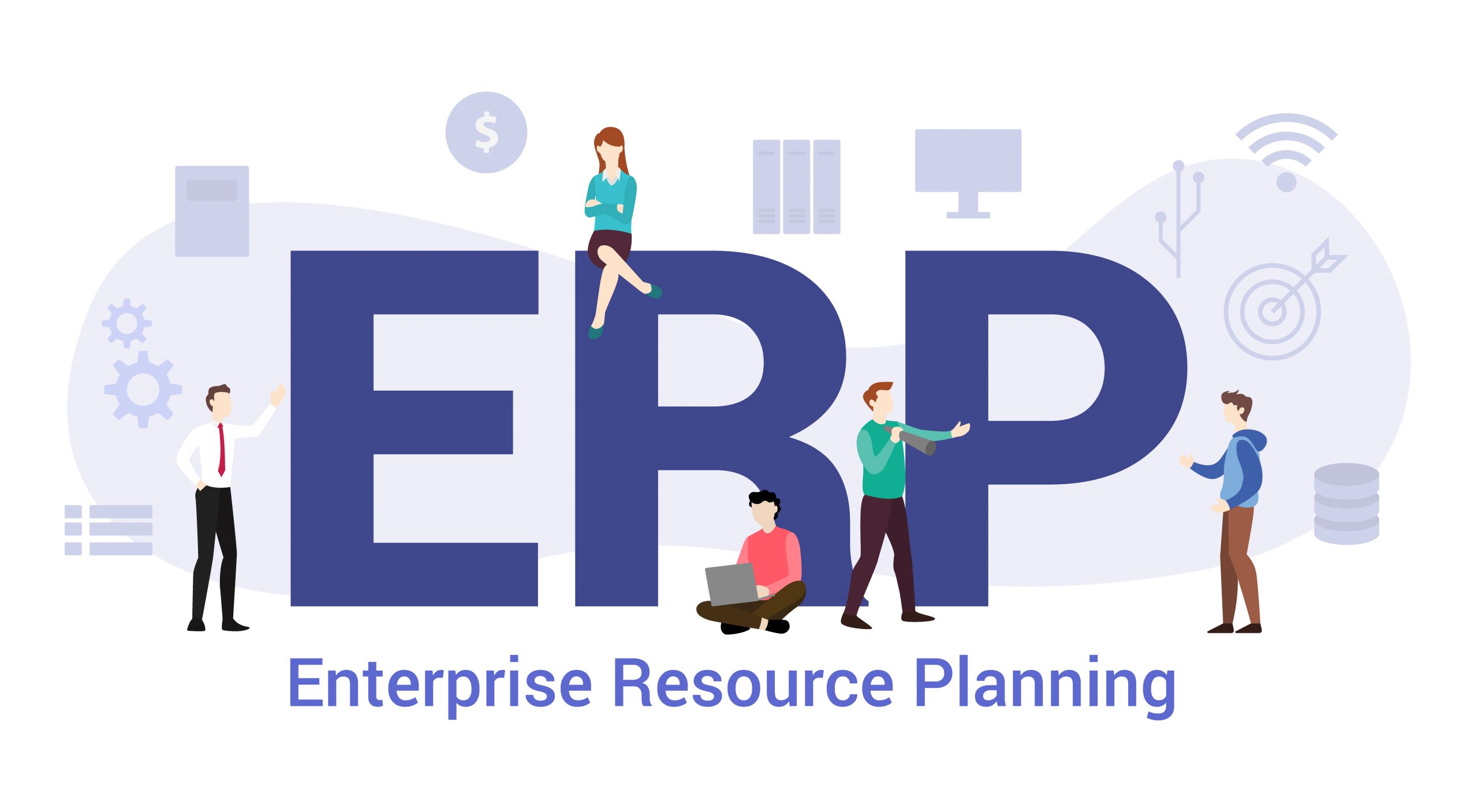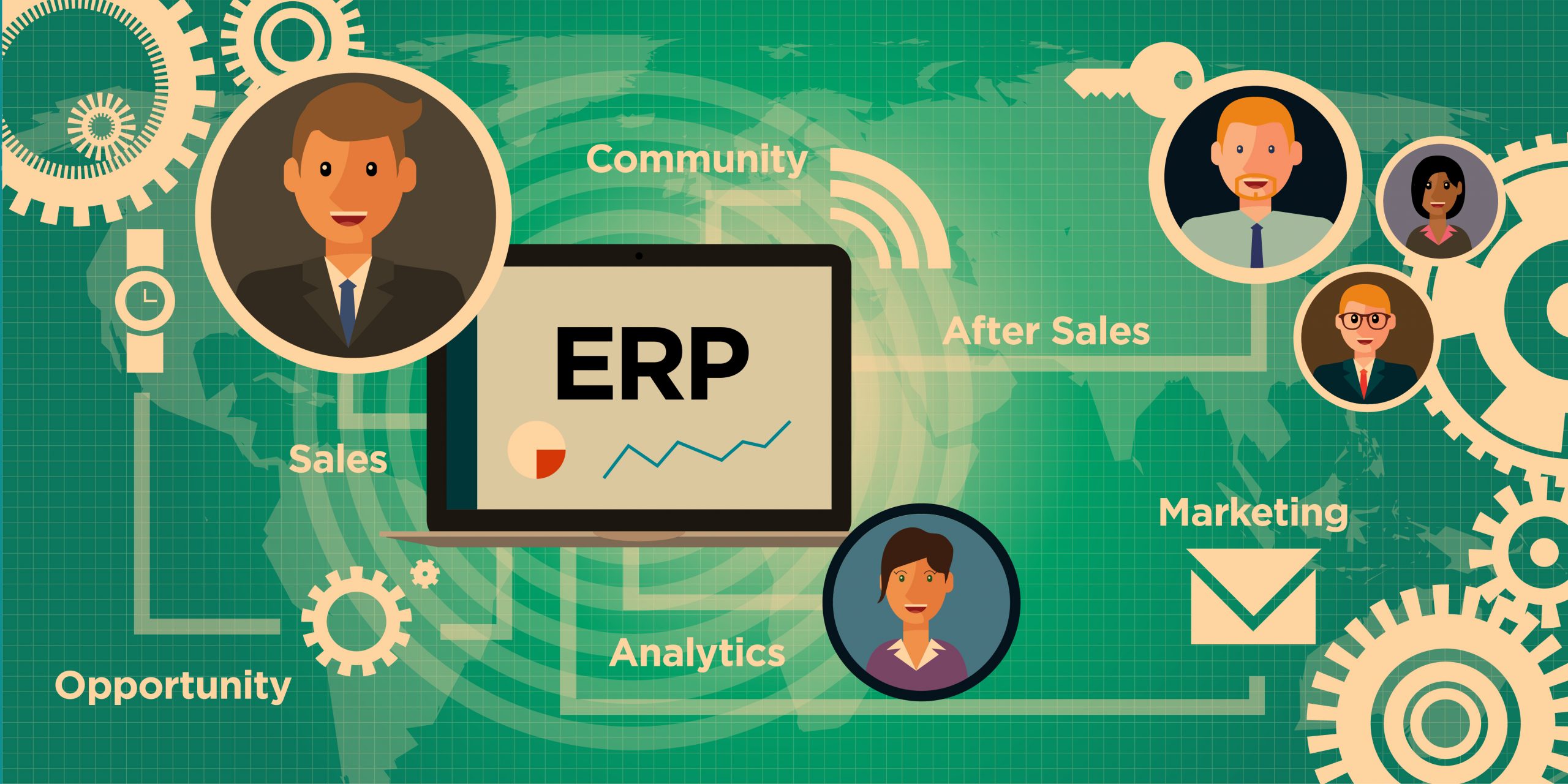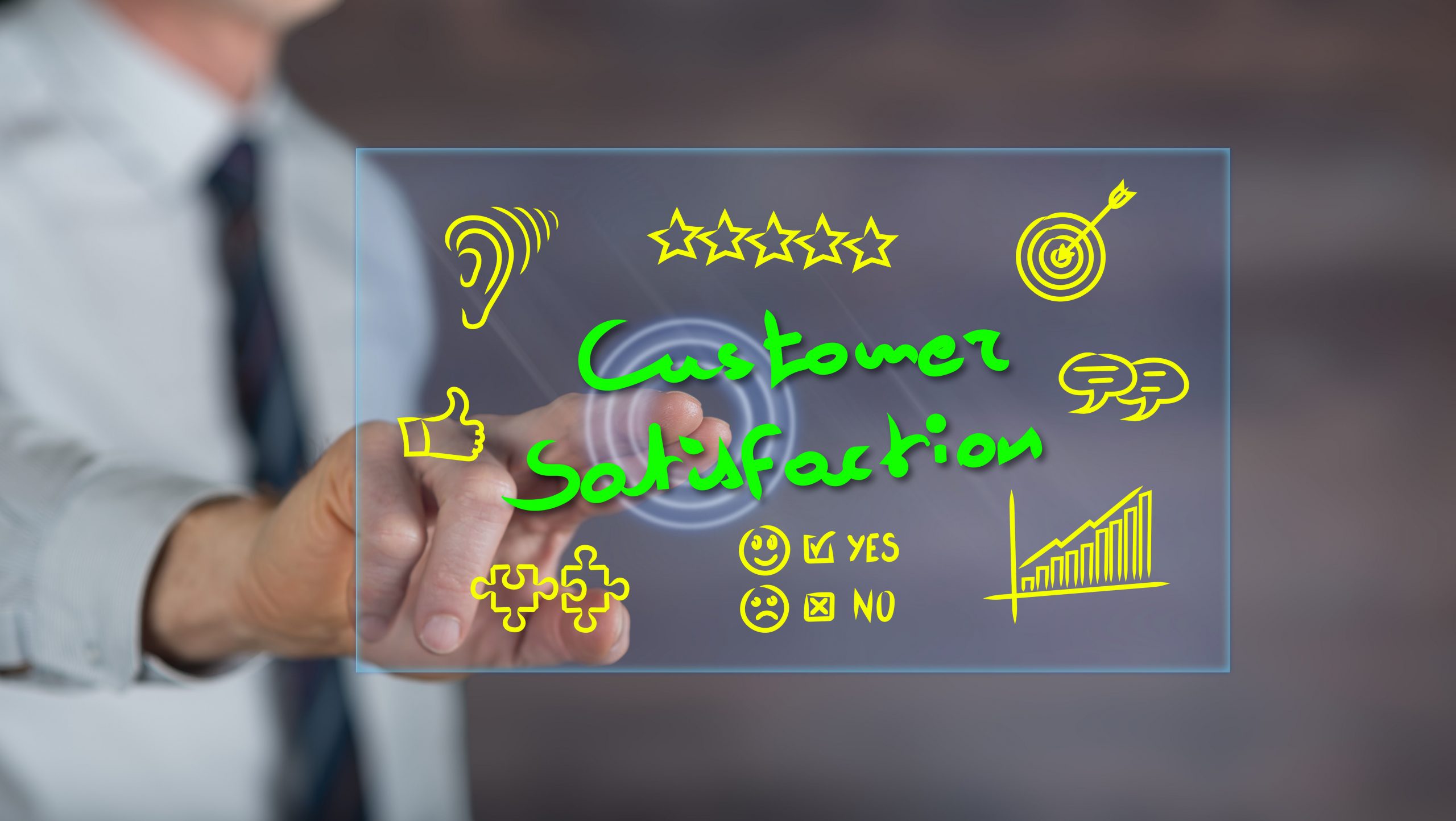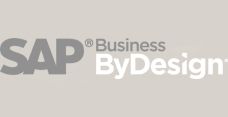Considering a new enterprise solution? We explain why you need to put people before technology on your journey to better systems.
Are you looking to upgrade because your team is frustrated or thwarted by legacy systems? It’s important that during your quest for the best ERP system you keep in mind that technology alone won’t fix your woes.
Technology is an enabler, not the total solution. The software doesn’t solve any problems on its own. Your employees—from executives through to frontline workers—need to effectively apply technology in order to solve problems.
After all, your team members are the people that take responsibility for tasks, drive decisions, develop ideas and programs, interact with customers, and work together to achieve outcomes.
Let’s explore the important ways to consider and include people throughout software selection and implementation processes.
Prioritise the experience of people
Microsoft co-founder Bill Gates once said, “The advance of technology is based on making it fit in so that you don’t really even notice it, so it’s part of everyday life.” The extent to which technology makes our lives better is directly tied to its uptake. This is why smartphones have become ubiquitous.
Employees want systems that work and are easy-to-use (not just more technology, or a particular product). Yet, many organisations still don’t emphasise usability and mobility in their business systems. The ones that do prioritise employee experience are likely to gravitate towards modern, cloud-based ERP solutions.
It’s important that your systems enable your people to feel like they are contributing meaningfully and getting results. That includes ownership over their work—something that employers tend to neglect. A global survey by Slack found that workers value autonomy much more highly than their companies.
Weigh up different enterprise software products based on how well they serve the needs of your workers and allow your company to foster job satisfaction.
Does the technology:
- Make decision-making easier and more reliable?
- Offer self-service features and personalised interfaces?
- Empower more flexible and remote working?
- Improve the ease, speed and accuracy of collaboration?
- Automate manual tasks to enable a strategic focus?
People can make or break implementation projects
Choosing software is the first step. Implementing an ERP system successfully also relies heavily on configuring the software to your specific business needs.
A significant factor that contributes to failed ERP implementations is a lack of involvement and support from key people across your business.
This usually manifests in one of three ways:
- Staff aren’t included in planning, reducing the effectiveness of the solution
- Poor communication increases time/costs and slows issue resolution
- Workers don’t understand or like the new system
Upgrading legacy systems is an important project with business-wide effects that will be felt for many years. The support of leadership, internal project management muscle, rapport with your ERP partner, and attention to training and change management, are all critical.
[RELATED ARTICLE – Why your internal ‘ERP champion’ matters]
Involve your people to uncover improvements
Start early in your process—involve key team members from all areas affected by embedding a new ERP solution as you develop your initial list of system requirements.
The people who work in your business are best placed to identify the existing barriers and bottlenecks, how information and workflows, functional necessities, and critically—how the new system could be used to improve the way you operate.
That helps you (and your ERP implementation partner) to focus squarely on implementing technologies that truly deliver the strategic business benefits you want, such as:
- Improved customer service
- Faster and more accurate workflows
- Better resource use to boost cash flow
- Simplified reporting and data-driven decisions
For instance, unless you know what negatively impacts customer service now, how can you build the best solution to empower your team to do things differently?
[RELATED ARTICLE – Successful ERP implementations focus on business benefits]
Great ERP software partners bring out the best in people
Avoiding the pitfalls of poor implementations depends heavily on working with an ERP implementation partner who listens, demonstrates their understanding, and communicates well.
Obviously you also want a partner that has the skill and capacity to deliver your project—but don’t underestimate the value of people skills and cultural fit.
Meet and evaluate the people in your consulting team. Choose consultants that gel with your team, make it easy to understand and address problems, and keep everyone in the loop and motivated to achieve the project objectives.
A good ERP provider will get the most out of the team that is implementing by ensuring:
- Listening to the customer and the user
- Facilitating constructive meetings
- Creating a shared understanding and language
- Building a culture of success and strategic purpose
- Presenting issues and potential solutions clearly
- Well-designed and delivered user training
- Extensive user acceptance testing
- Providing information to support change management
Making your team feel heard and confident about embracing new systems are key aspects of Leverage Technologies’ best-practice approach to managing ERP implementation projects.
[LEARN MORE – Discover our project management methodology]
Invest in technology to maximise people power
When we focus on technology above people, it’s easy to get carried away by the possibilities and forget to introduce systems in a purposeful way. In today’s digital economy, the technologies available to businesses of all sizes are incredible—automation, data analytics, AI, IoT are accessible and exciting.
However, never lose sight of the fact that people must actively use technology to deliver outcomes. If you collect vast amounts of data via a network of sensors but your team has neither the time, inclination or capacity to do something meaningful with the data—the technology investment is wasted.
Pay attention to the people that will use and develop your new enterprise solution to ensure your system is implemented smoothly, achieves your business objectives, and is eagerly welcomed by your team.
Want to work with friendly, experienced, and attentive people to plan your digital transformation? Contact us to get started today.


